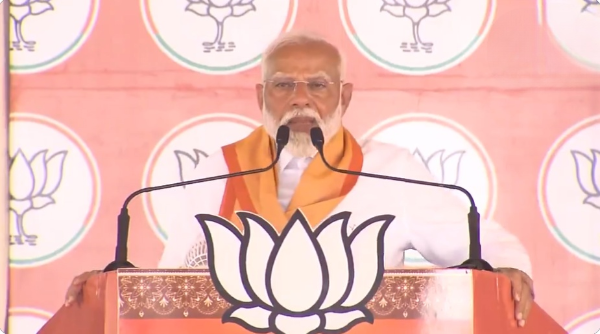Prime Minister Narendra Modi stirred controversy with his remarks during a public address in Haryana’s Bhiwani, alleging that the government of West Bengal had issued Other Backward Classes (OBC) certificates to Muslims overnight, including to infiltrators. Modi’s comments drew attention to a contentious issue surrounding the validation of OBC certificates in the state.
Speaking at the public gathering, PM Modi stated, “In West Bengal, they have issued OBC certificates to Muslims overnight and that too to infiltrators. The High Court has invalidated all the OBC certificates issued to Muslims in the last 10-12 years.”
The Prime Minister’s remarks immediately sparked debate and reactions from various quarters. While some supported Modi’s assertions, others criticized him for making what they perceived as divisive statements ahead of the upcoming state elections in West Bengal.
The issue of OBC certificates and their issuance to Muslims has been a topic of contention in West Bengal for some time. Modi’s comments shed light on the ongoing legal battles surrounding the validity of these certificates, particularly in relation to the Muslim community.
The allegation of issuing OBC certificates to infiltrators also adds a new dimension to the already complex issue of identity politics and citizenship in the state. It raises questions about the process of issuing government documents and the scrutiny applied to ensure their authenticity.
While the West Bengal government is yet to respond to PM Modi’s allegations, the issue is likely to become a focal point of political discourse in the state, especially in the lead-up to the upcoming elections.
PM Modi’s remarks in Haryana underscore the political sensitivities surrounding identity, citizenship, and communal representation, highlighting the intricate dynamics at play in India’s diverse socio-political landscape.



